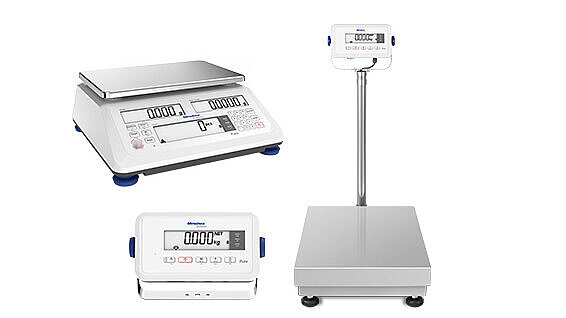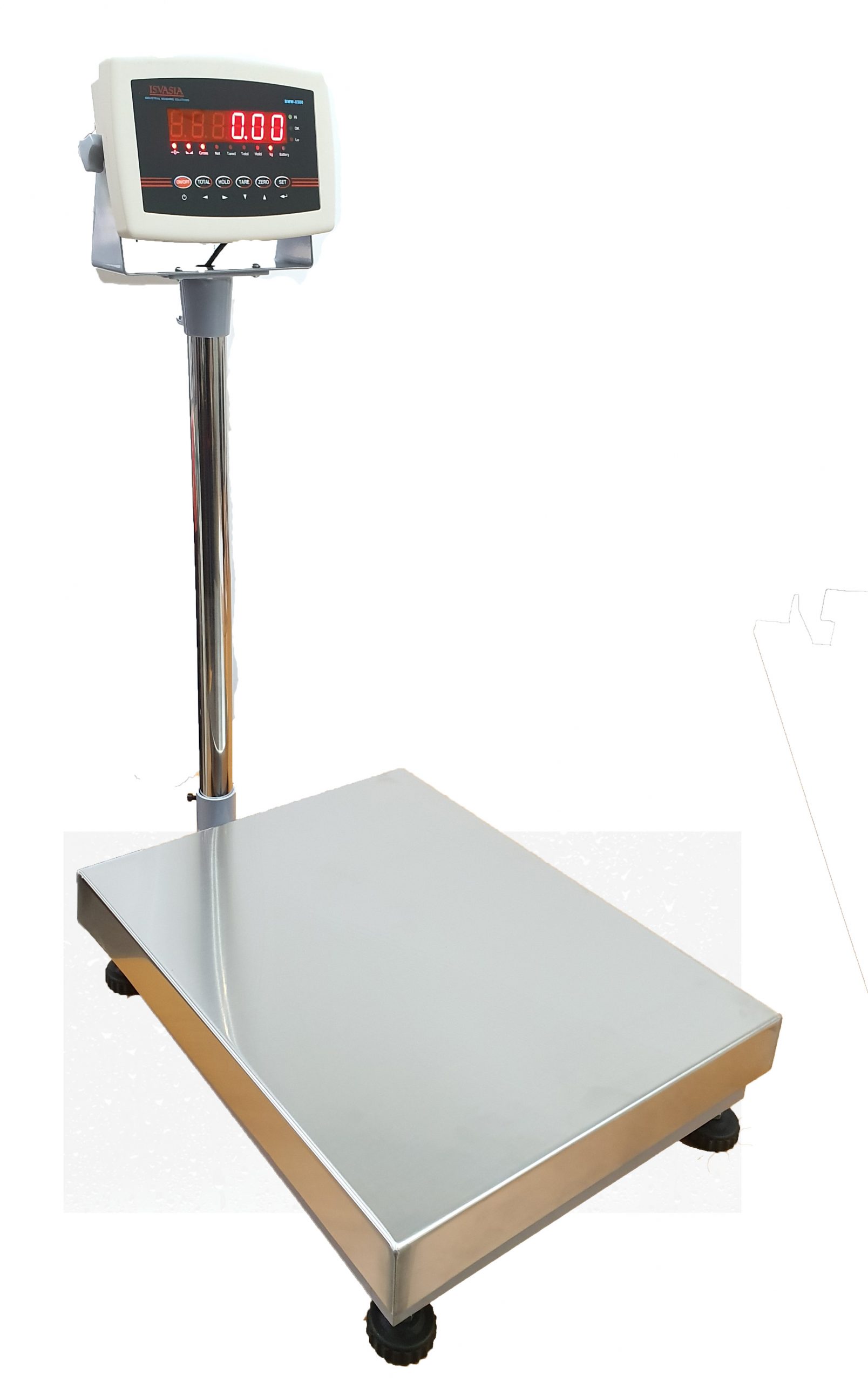How Industrial Scales Enhance Safety and Precision in Bulk Weighing Applications
How Industrial Scales Enhance Safety and Precision in Bulk Weighing Applications
Blog Article
Just How Industrial Scales Job: A Thorough Introduction for New Users
Recognizing the auto mechanics behind commercial ranges is essential for brand-new users who intend to guarantee precision in their measurements. These devices depend on tons cells and pressure scale technology to convert weight right into a quantifiable style, yet the nuances of their procedure expand beyond plain capability. From the numerous types readily available to the essential techniques for correct usage and maintenance, each aspect plays a considerable function in achieving reliable outcomes. As we check out these components, one must consider how these components communicate to boost efficiency in varied industrial applications.
Essentials of Industrial Scales
Industrial scales are crucial tools utilized across different fields, including manufacturing, logistics, and agriculture, to guarantee precise weight dimensions of heavy tons. The fundamental concept behind industrial ranges involves the conversion of weight into a measurable kind that can be displayed electronically or analogically. These ranges utilize various systems, such as load cells or mechanical levers, to identify the weight of things placed upon them.

In addition to their dimension abilities, commercial ranges are created to hold up against severe settings, including robust construction that resists dust, wetness, and heavy effects. Calibration and upkeep are essential to ensure accuracy, as also small inconsistencies can lead to significant economic effects. By comprehending the essentials of commercial ranges, individuals can appreciate their value in numerous industrial applications.
Sorts Of Industrial Scales
Different types of commercial ranges satisfy the diverse requirements of various markets, each made to handle certain evaluating jobs with accuracy and integrity. Amongst the most usual kinds are flooring ranges, which are optimal for considering large and hefty products. These scales normally include large platforms and can fit palletized products, making them essential in storage facilities and shipping facilities.
Another kind is bench scales, which are typically made use of for smaller things in production and retail setups. They offer exact measurements for products that require precision, such as chemicals or parts in setting up lines (Industrial Scales). For mobile operations, mobile ranges provide adaptability and convenience of transport, ideal for fieldwork or momentary installations
In addition, specialized ranges like checkweighers are used in production lines to keep quality control by making sure that products meet weight requirements. Each type of commercial scale plays a vital role in improving operational effectiveness and precision throughout different markets.
How Evaluating Systems Job
Evaluating mechanisms are vital components that make it possible for exact measurement of mass across various industrial scales. These systems utilize different principles of physics and design to provide specific weight analyses, necessary for supply monitoring, quality control, and compliance with governing criteria.
One common type of weighing device is the tons cell, which runs on the concept of pressure gauges. When a load is used, the tons cell flaws a learn this here now little, generating an electric signal proportional to the weight. This signal is then exchanged a legible weight dimension by the scale's electronics.
An additional widely made use of system is the mechanical balance, which utilizes a system of weights and levers. Industrial Scales. This approach counts on the principle of equilibrium, where the weight of the object being measured is stabilized versus known weights, enabling for straight measurement
In addition, pneumatic and hydraulic ranges take advantage of liquid dynamics concepts to measure weight. These systems make use of the pressure applied by a load to figure out weight, offering high accuracy for large lots.
Appropriate Usage Techniques
When making use of industrial ranges, adhering to proper usage methods is important for making certain accurate measurements and maintaining devices stability. Primarily, it is crucial to choose the proper scale for your specific application, as ranges differ in capability and precision.
Prior to weighing, make sure that the range is put on a secure, degree surface area without vibrations or disturbances. This will certainly assist to decrease errors created by exterior factors. Additionally, adjust the range according to the manufacturer's specifications before make use of, guaranteeing that it is operating appropriately.
When putting items on the scale, distribute the weight evenly to prevent tipping or damaging the tools. Always enable the scale to maintain prior to recording the weight, as changes might occur throughout preliminary placement. For bulk products, utilize containers that are appropriate for the range size to avoid overloading.
In addition, stay clear of positioning extremely hot or cool things straight on the scale, as temperature level variants can influence accuracy. Finally, maintain the evaluating system cost-free and tidy of particles to avoid contamination and guarantee reputable outcomes. By complying with these strategies, users can optimize the performance and long life of their industrial ranges.
Maintenance and Calibration Tips
Guaranteeing the long life and accuracy of commercial scales needs attentive upkeep and regular calibration. A precautionary maintenance routine is vital; you can look here it needs to include regular assessments to identify deterioration, especially on tons cells and other delicate components. Frequently cleaning the scale's surface area and making certain the bordering area is without debris will certainly assist maintain its honesty and efficiency.
Calibration is equally crucial and should be done at regular intervals or whenever the range experiences considerable modifications in temperature, moisture, or physical displacement. Utilize certified calibration weights that are deducible to nationwide criteria for accuracy. Document each calibration session carefully to track efficiency gradually and identify any type of patterns or repeating concerns.
Train all drivers on proper scale usage and upkeep protocols to make sure consistent efficiency and accuracy. By adhering to these maintenance and calibration pointers, individuals can boost the reliability of their industrial scales, go now making certain optimal operation in any setting.
Verdict

Understanding the auto mechanics behind commercial scales is critical for new individuals that desire to ensure accuracy in their measurements.Industrial ranges are essential tools made use of throughout various fields, including production, logistics, and agriculture, to make sure accurate weight dimensions of heavy tons. The basic concept behind commercial ranges entails the conversion of weight right into a quantifiable type that can be shown digitally or analogically. By comprehending the basics of commercial scales, users can value their significance in numerous industrial applications.
In final thought, comprehending the operation and upkeep of industrial scales is important for guaranteeing exact weight dimensions in various applications. (Industrial Scales)
Report this page